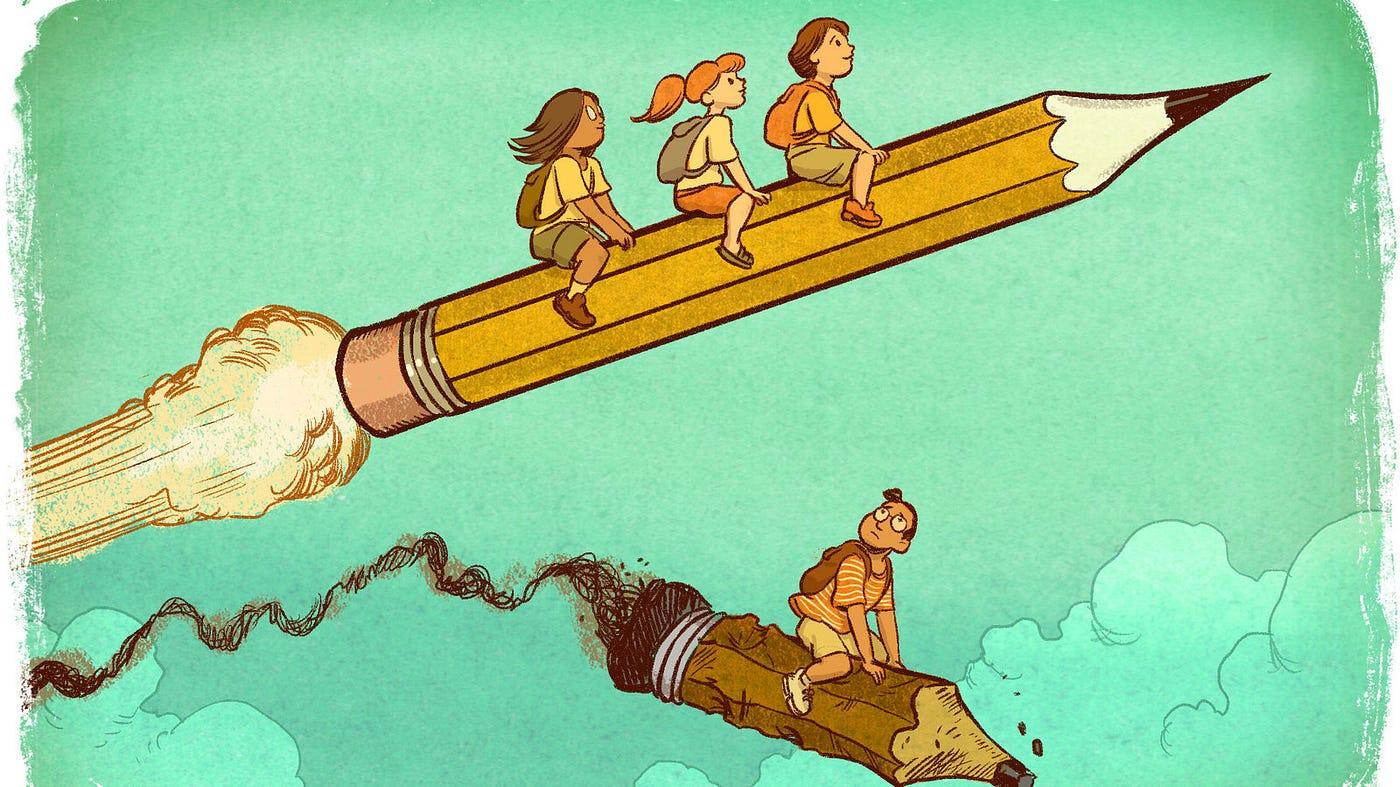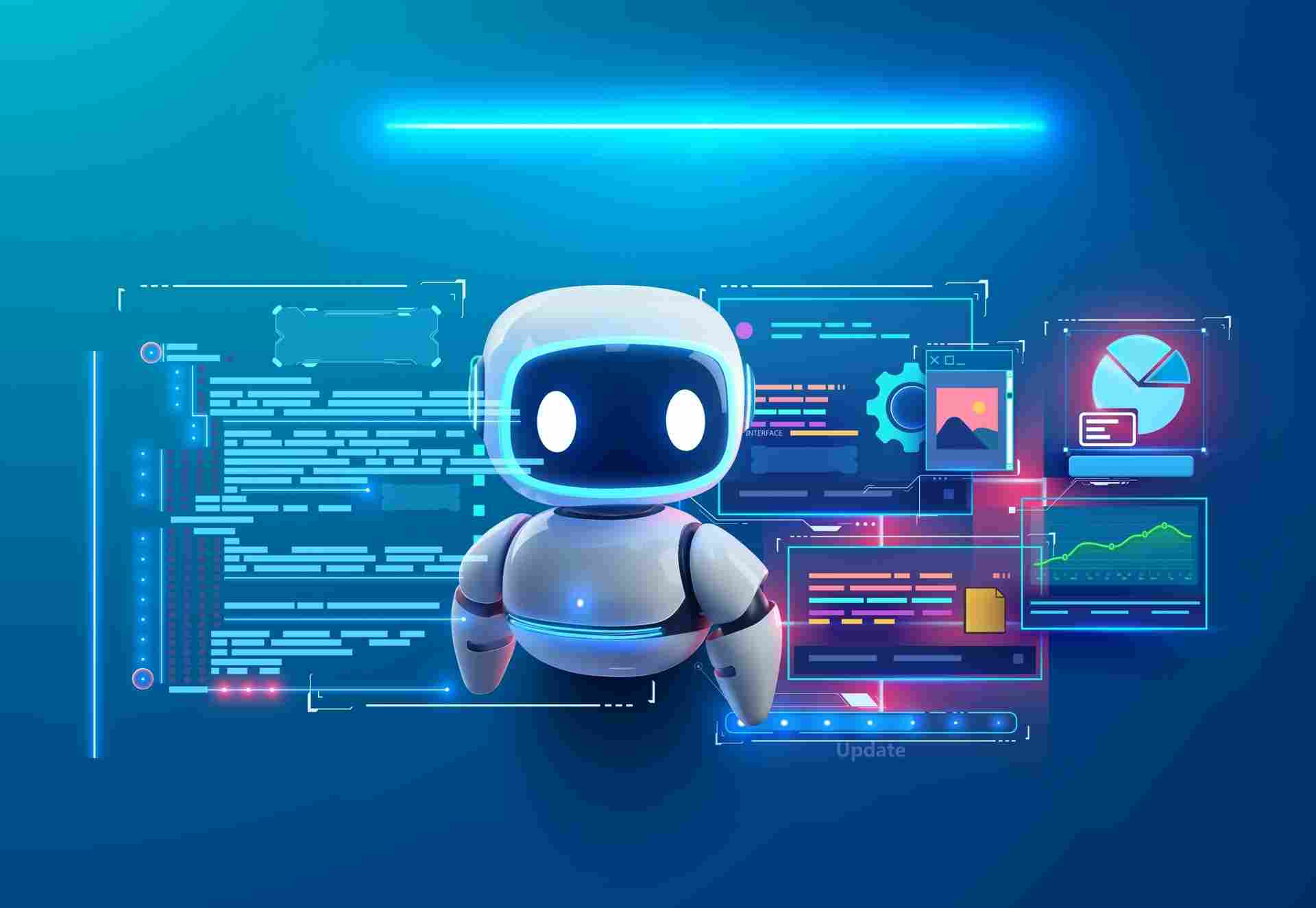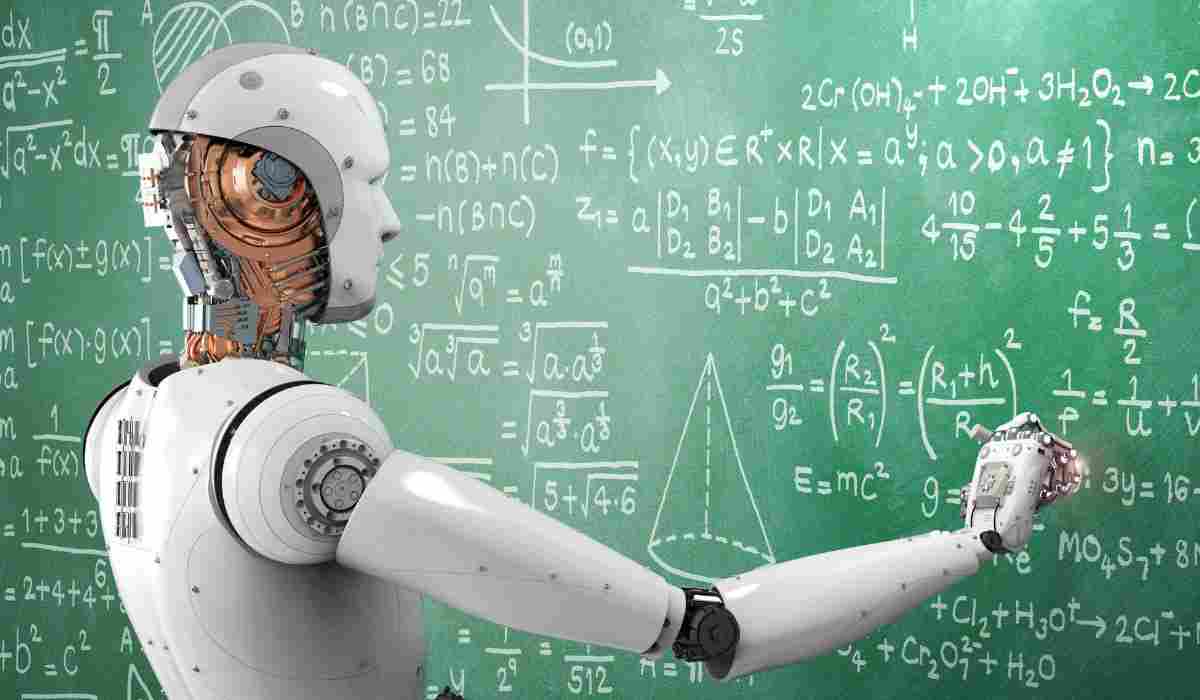
PARIS (Enmaeya News) — September 29, 2025
As artificial intelligence rapidly transforms societies, UNESCO is urging countries to address its implications for education, equity, and human rights, according to a new report.
The publication examines how AI and digital technologies affect access, quality, and governance in education and explores their impact on privacy, cultural rights, and protection from violence.
Education is a fundamental human right that must be available, accessible, acceptable, and adaptable to students’ needs. UNESCO’s report emphasizes that in the digital era, meeting these standards is more critical than ever.
The report poses three key questions: Which international human rights norms apply to digitalization in education? What are the opportunities and challenges of integrating AI? And how can regulation be strengthened to uphold the evolving right-to-education framework?
To answer these questions, the report uses UNESCO’s “5C framework,” covering coordination and leadership, content and solutions, capacity and culture, connectivity and infrastructure, and cost and sustainability.
High-speed internet and access to technology are increasingly essential for learning, yet global access remains uneven. Only 40% of primary schools, 50% of lower secondary schools, and 65% of upper secondary schools have internet. Regional disparities are stark: school connectivity ranges from 80% to 90% in Europe, the Americas, and the Commonwealth of Independent States, but drops to 64% in Asia-Pacific countries and 40% in Africa.
Rural areas in the least developed countries often face connectivity as low as 14%. Gender, disability, language, and age further deepen the digital divide. UNESCO warns that without equitable access to digital tools, many learners risk being left behind.
The report highlights that education intersects with other human rights, including privacy, autonomy, and cultural expression. As AI becomes embedded in education, questions arise over data collection, ethical use, and inclusivity, particularly for students who speak underrepresented languages.
UNESCO identifies several concerns linked to digitalization and AI, including bias, accountability, protection, and cultural and linguistic diversity. The organization urges countries to integrate human rights protections into digital learning environments, focusing on coordination, content, capacity, connectivity, and cost.
Since 2024, UNESCO has supported 58 countries in developing AI and digital competency frameworks for educators and policymakers. Its guidelines, including the Recommendation on the Ethics of Artificial Intelligence, provide a roadmap for ethical, equitable, and human-centered integration of AI in education.
The report is part of UNESCO’s Initiative on the Evolving Right to Education, which explores how international human rights frameworks can adapt to diverse and rapidly changing societies.





